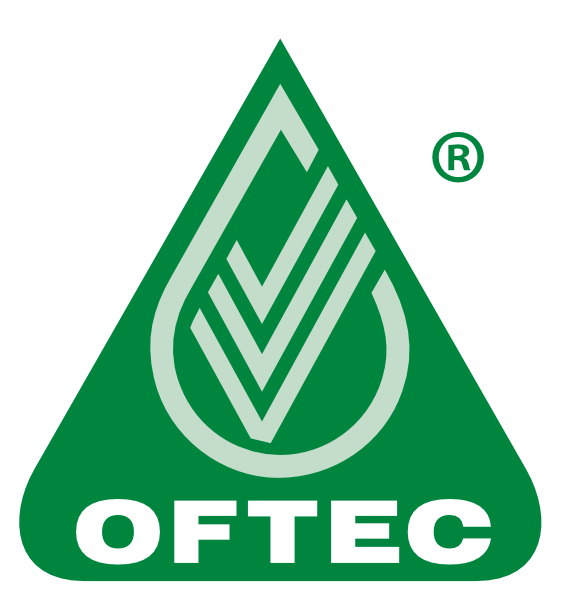Responding to the Chancellor’s Budget, Malcolm Farrow, Director of Marketing and External Affairs at OFTEC, commented:
"Amid the widespread speculation ahead of the Budget regarding a potential VAT cut on gas and electricity bills, our position was clear: if the government acted, it had to be fair and include off-grid homes too. It appears the Chancellor has changed course and focused mainly on reducing electricity bills. Its approach to achieving this is scrapping the ECO scheme which, amongst other measures, is expected to reduce household bills by £150.
“Questions over the exact details remain, and the statement suggests more clarity will be outlined in the upcoming Warm Homes Plan. Whilst oil heating currently remains one of the cheapest forms of heating, households are still grappling with the wider cost of living, so any reduction in their overall energy costs will be welcome.
“However, the Chancellor also set out that everyone is being asked to contribute more through rising taxes to balance the public finances. In the wider context of the drive to net zero, it’s clear the need for affordable low carbon heating solutions is even more critical. We cannot expect consumers to face rising taxes and high living costs, while simultaneously taking on the heavy financial burden of expensive new heating technologies.
"This is why we welcome the government’s recent consultation on Alternative Clean Heating consultation which recognises this challenge. We are ready to engage positively to show how renewable liquid fuels can provide a pragmatic solution, by both removing the high upfront costs associated with other technologies whilst keeping long term energy bills down.
"But the government does need to provide more certainty. The recent speculation, inconsistency and delay in off-grid policy decisions are unhelpful for both industry and consumers who are trying to plan for the future. That’s why the government needs to urgently publish the Warm Homes Plan. This will help provide the clarity needed to deliver a transition that is fair, practical, and affordable.”
Ends
